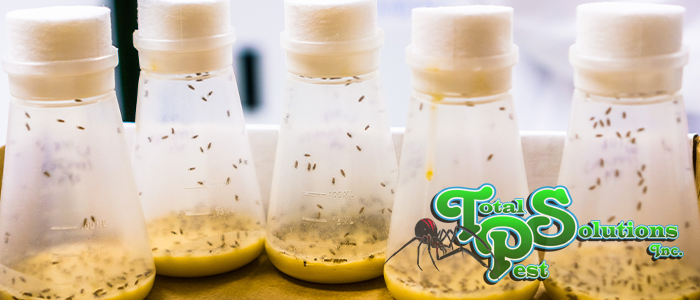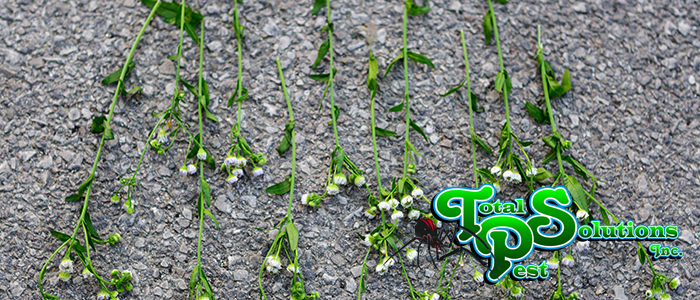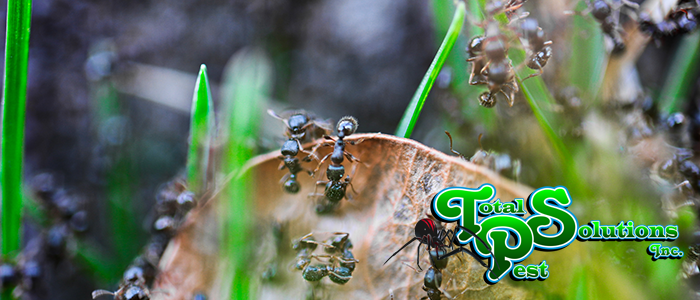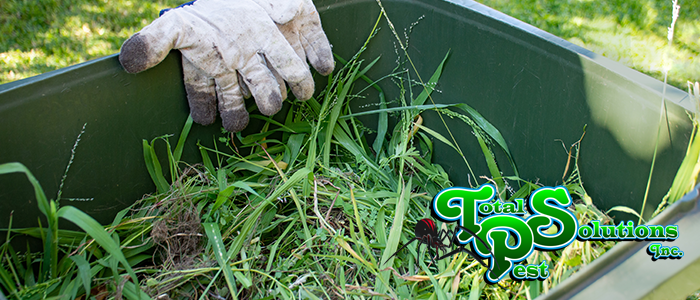
The Basics of Florida Fruit Flies
While the Sunshine State offers a rich, bountiful selection of fruits and vegetables to enjoy, fruit flies are a nuisance insect that can quickly become a source of annoyance and disgust for homeowners and business owners alike. These tiny flying insects are one of the most commonly experienced in households and food-based businesses all over the country.
Whether you’re already dealing with an infestation of fruit flies or want to prevent one from happening, it’s important to know how these bugs work, what attracts them, and most of all, how to get rid of them and keep them away.
The Fruit Fly
These insects get their name from their preference for some fruits, but they aren’t particularly picky and will be more than happy to gorge themselves on any kind of rotting produce they can find. They are quite common in homes, grocery stores, restaurants, and anywhere else that food can rot and ferment.
Fruit flies are about an eighth of an inch long and tan in the front with black in the back. They have wings, antennae, and six legs. Though their life cycle is only about a week long, they can very quickly become a big problem if given the opportunity, as they can lay up to 500 eggs in a single instance and can leave bacteria behind. The larvae feed on the surface of rotting produce, which is where they choose to lay their eggs; near the surface of rotting food or other moist organic material.
In Florida and beyond the borders, fruit flies are attracted to ripe fruits and vegetables that are left out in the open, but they can also breed in drains, garbage disposals, trash cans, and even mops. Anywhere that they can find a thin layer of fermenting material, they’ll make themselves at home, and they can get into yours through poorly screened doors and windows.
While they have a particular fondness for rotting potatoes, bananas, onions, and other unrefrigerated produce commonly found at supermarkets, they can also make their way into your home by hitching a ride on things brought in from the garden like squash, tomatoes, grapes, and more.
How to Prevent Them
Step one of preventing fruit flies from getting comfortable in and around your home and business is, as you probably guessed, being mindful of rotting foods and disposing of them. But there’s more you can do than just that to keep them from eyeing up your space, like:
- Investing in a dehumidifier or keeping the air conditioning running to lower the level of humidity throughout the property – particularly in the kitchen.
- Keeping garbage covered and taking it out regularly.
- Regularly draining garbage disposals and other kitchen appliances that may hold standing water.
- Cleaning up spills immediately and thoroughly.
- Discarding any rotting food (duh!).
- Keeping compost piles or containers sealed.
- Ensuring windows and doors have tight-fitting mesh screens so fruit flies can’t get in in the first place.
- Keeping your property tidy by regularly scheduling sessions for cleaning and disinfecting.
Or finally, contacting a pest control professional to do all the tedious fruit fly prevention tasks for your property.
continue reading
Related Posts
Davenport’s Pre-Emergent Herbicide Guide: Timing for Crabgrass As spring approaches
Haines City’s Springtail Infestations: Managing Moisture-Loving Pests As the weather
Lakeland’s Pre-Spring Lawn Detox: Clearing Debris & Thatch As winter







